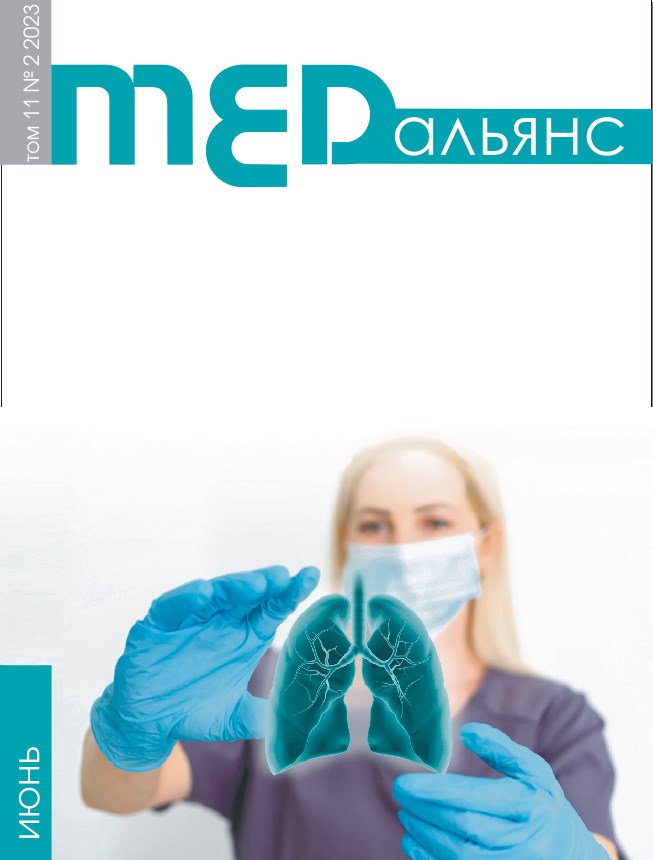Abstract
Chronic alcohol consumption is the leading cause of chronic disease. Currently, both alcohol dependence and the consequences of chronic alcohol consumption are growing in the population. According to the literature, one of the main causes of alcohol dependence is the stress effect on the body. Melatonin, as a hormone with a large number of biological effects, plays an essential role in normalizing the post-stress state of the body. This is primarily due to its effect on neurotransmitter systems and the impact on the synchronization of circadian rhythms. By acting simultaneously on the immune and neuroendocrine systems, melatonin optimizes homeostasis and increases resistance to stress.
The aim of this study was to study the effect of melatonin on the development of alcohol dependence in laboratory rats exposed to stress in the early postnatal period.
The experiment reproduced early postnatal stress in newborn laboratory rats, which was a predictor of the development of alcohol dependence in experimental animals. The alcohol dependence that developed against the background of stress was pharmacologically corrected with the introduction of melatonin.
Oral and intraventricular administration of melatonin reduces voluntary alcohol consumption in a group of animals with more pronounced alcohol dependence.
Further study of the clinical effect of melatonin in the pathogenesis of alcohol dependence seems promising. The question remains whether melatonin has a significant effect on the craving for alcohol and on its amount in the developed alcohol dependence.

